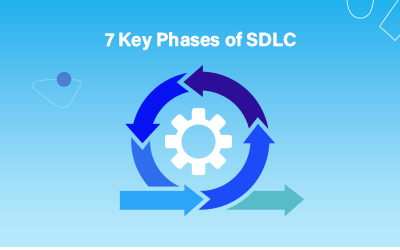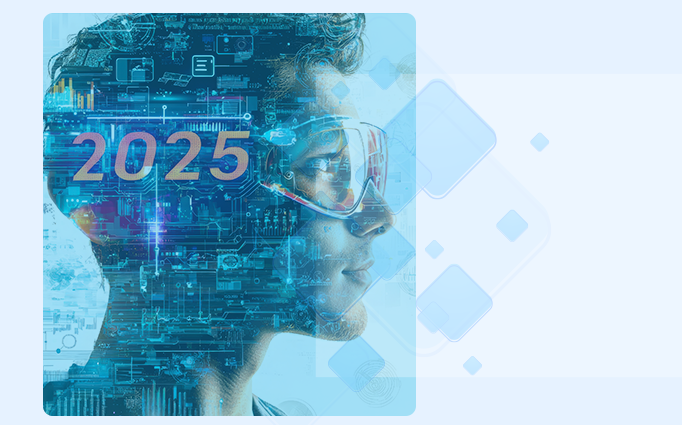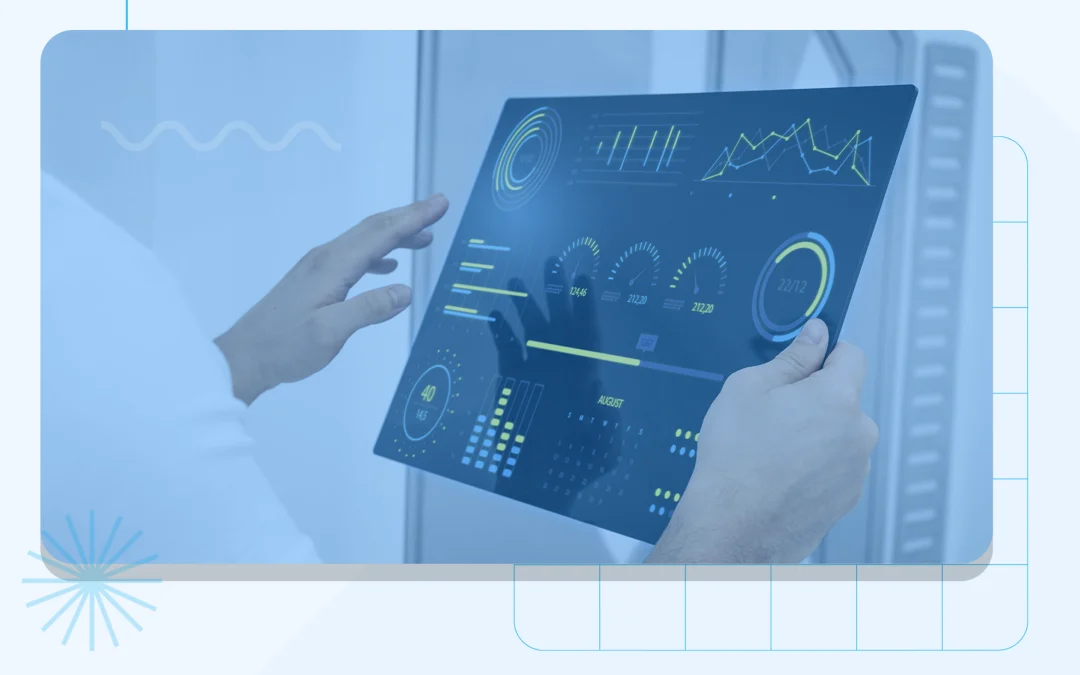In today’s fast-paced digital era, software development stands as the backbone of technological advancement. But what exactly is software development, and how does it impact our daily lives?
Let’s embark on a journey to explore the intricacies of software development and its significance in shaping our world.
Understanding Software Development
What is Software Development?
Software development is the process of creating, designing, deploying, and maintaining software applications that cater to various needs and functionalities. It involves a blend of creativity, problem-solving, and technical skills to bring ideas to life in the digital realm.
The Importance of Software Development
Software development plays a crucial role in driving innovation across industries. From enhancing efficiency in businesses to revolutionizing healthcare and education, software development empowers us to tackle complex challenges and improve the quality of life for people worldwide.
The Software Development Life Cycle (SDLC)
Exploring the SDLC
The Software Development Life Cycle (SDLC) is a structured process that guides the development of software from inception to deployment and beyond. It consists of several phases, including planning, analysis, design, implementation, testing, deployment, and maintenance, each crucial for delivering high-quality software products.
Key Phases of the SDLC
1️⃣Planning: This phase involves defining project goals, scope, and requirements, laying the foundation for the development process.
2️⃣Analysis: Here, developers gather and analyze user requirements, identifying potential challenges and opportunities to address.
3️⃣Design: In this phase, the software architecture and design are conceptualized, outlining the structure and functionality of the final product.
4️⃣Implementation: Developers write code based on the design specifications, transforming concepts into tangible software solutions.
5️⃣Testing: Quality assurance and testing ensure that the software meets predefined standards and functions as intended, detecting and fixing any issues along the way.
6️⃣Deployment: The software is deployed to production environments, making it accessible to users and stakeholders.
7️⃣Maintenance: Continuous updates, bug fixes, and enhancements are performed to ensure the software remains relevant and efficient over time.
Innovations in Software Development
Embracing Emerging Technologies
From artificial intelligence and machine learning to blockchain and the Internet of Things (IoT), software development continually embraces new technologies to drive innovation and address evolving needs. These advancements pave the way for groundbreaking solutions that revolutionize how we interact with technology.
The Rise of Agile and DevOps
Agile methodologies and DevOps practices have transformed the way software is developed and delivered. By prioritizing collaboration, flexibility, and continuous integration, Agile and DevOps enable teams to adapt to change rapidly and deliver value to customers more efficiently.
Conclusion
Software development is more than just writing code—it’s a journey of innovation, collaboration, and problem-solving that shapes the digital landscape.
By understanding the intricacies of software development and embracing emerging technologies and methodologies, we can unlock endless possibilities and drive positive change in the world.
Frequently Asked Questions
What are the essential skills needed for a career in software development?
To excel in software development, one must have a strong foundation in programming languages, problem-solving abilities, teamwork, and a willingness to continuously learn and adapt.
How does software development impact various industries?
Software development drives innovation across industries by improving efficiency, enhancing customer experiences, and enabling the creation of new products and services tailored to specific needs.
What are some common challenges faced in software development projects?
Common challenges include meeting deadlines, managing project scope, dealing with technical complexities, and ensuring effective communication among team members and stakeholders.
How can businesses benefit from adopting Agile and DevOps practices?
Agile and DevOps methodologies enable businesses to respond quickly to changing market demands, improve collaboration between development and operations teams, and deliver high-quality software products more efficiently.
What role does user feedback play in software development?
User feedback is invaluable in shaping software development efforts, as it provides insights into user preferences, pain points, and areas for improvement, ultimately leading to the creation of more user-centric solutions.







